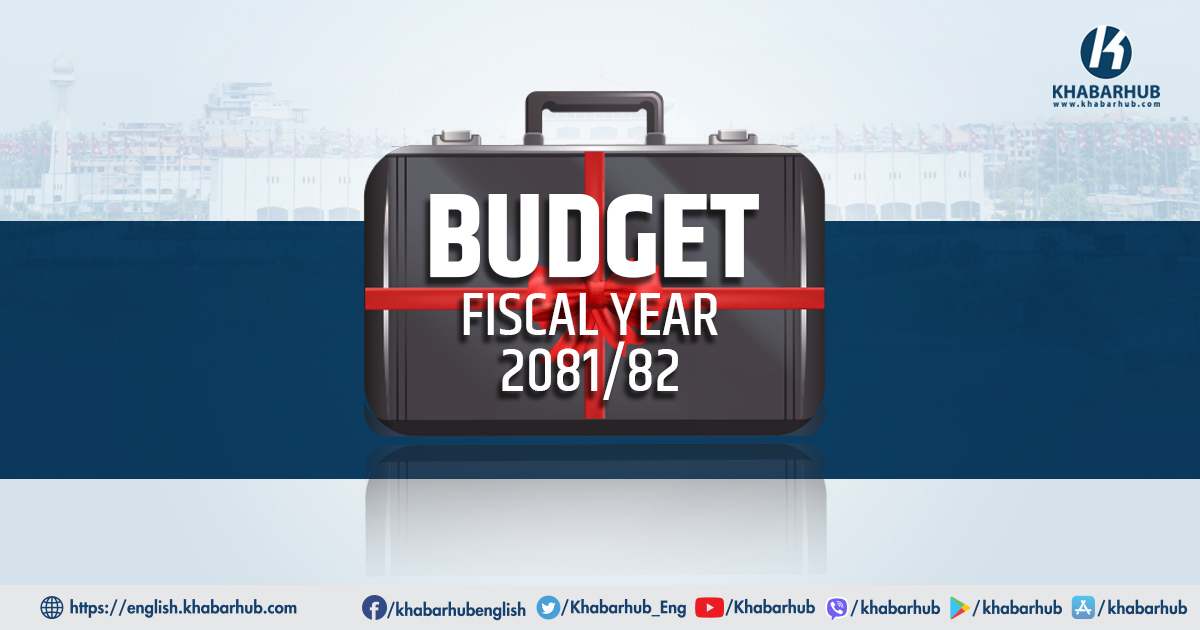KATHMANDU: The Nepal Iron Rod Producers Association has said that provisions in the latest budget will force the industry to shut down.
Following the increase in customs duty on raw materials in the budget presented by Finance Minister Barshman Pun in Parliament on Tuesday, the Association held a press conference in Kathmandu to inform the dire situation facing billion-dollar industries.
The Association claims that the government has effectively destroyed the melting plant sector, which provides employment to over 3,100 people.
“We cannot comprehend why the state has shifted its policy to favor the import of raw materials, thereby damaging an industry that adds 50 percent value domestically, in favor of one that adds less than 12 percent,” stated the Nepal Steel Rod Manufacturers Association.
“The budget for the next financial year has led to the downfall of melting plants with a combined investment of Rs 36 billion, providing jobs to more than 3,500 people. The government’s policy of increasing customs duty from 1 percent to 2.5 percent has exacerbated problems for the melting industry, already operating at a loss due to decreased market demand,” it said.
Currently, 18 smelting industries consume 450 MW of electricity, collectively paying 2 to 3 billion rupees monthly.
Before the policy shift in the 2078/79 financial year, Nepal had six smelting industries.
The government’s decision to reduce the 5 percent customs duty on sponge iron imports to zero and impose a 2.5 rupee per kg excise duty on billet imports led to an additional investment of 24 billion rupees in 12 new industries.
Presently, 18 industries with a total investment of over $36 billion are operational.
However, the new financial year’s imposition of a 1 percent customs duty and 1 rupee per kg excise duty on domestically produced billets has further strained these industries.
The budget raised the customs duty on sponge iron imports used in billet production from 1 percent to 2.5 percent.
“The government has not only reneged on its policy of lower customs duty for the industry but also undermined an industry crucial for boosting domestic production,” the Association stated.
“Imposing a 2.5 percent customs duty on sponge iron, which has over 50 percent value addition, while billets with less than 12 percent value addition face only a 5 percent duty, will not enhance industry competitiveness and productivity.”
The Association questioned the stability of government policies, which seem to change with each administration, undermining long-term investments made under previous concessions.
On one hand, the government is investing heavily in the Dhowadi iron company to mine iron ore domestically, while on the other, it is taking steps that could shut down iron processing industries with billions in investments.
“We are unable to discern whether the government aims to boost industry and production or merely engage in import business,” the association expressed.
The Association is demanding that the government honor its announced policy of maintaining a customs duty differential of at least 5 percent between raw materials and final products.
“If the government does not impose a differentiated customs duty on sponge iron, all industries will close, sinking our $36 billion investment. We are prepared to hand over the keys to the industry to the government,” the Association said.









Comment